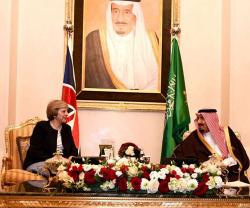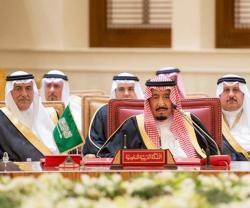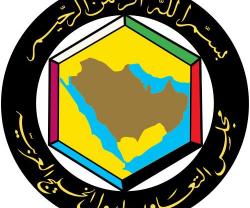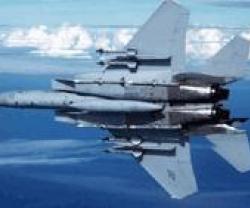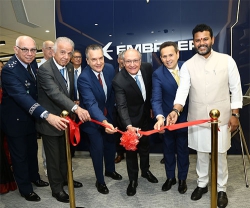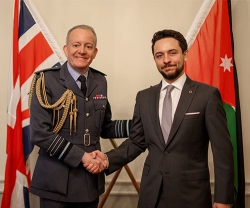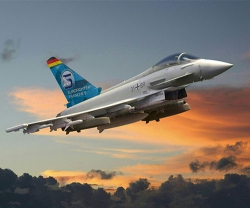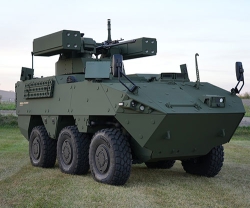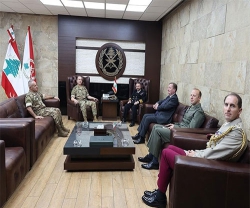The General Secretariat of the Gulf Cooperation Council (GCC) signed a Memorandum of Understanding (MoU) in Lyon, France with the International Criminal Police Organisation, Interpol.
According to the Saudi Press Agency, SPA, the signing of the MoU implements a decision made by GCC Interior Ministers to boost cooperation between GCC Police Forces and Interpol.
The Gulf Cooperation Council includes Saudi Arabia, United Arab Emirates (UAE0, Kuwait, Qatar, Sultanate of Oman, and Bahrain.
The International Criminal Police Organization (French: Organisation internationale de police criminelle), ICPO or INTERPOL, is an intergovernmental organization facilitating international police cooperation. It was established as the International Criminal Police Commission (ICPC) in 1923; it chose INTERPOL as its telegraphic address in 1946, and made it its common name in 1956.
Interpol has an annual budget of around €78 million, most of which is provided through annual contributions by its membership of 190 countries (as of 2015). The organization’s headquarters is in Lyon, France. It is the second largest political organization after the United Nations in terms of international representation.
In 2013, the Interpol General Secretariat employed a staff of 756, representing 100 member countries.
Its current Secretary-General is Jürgen Stock, the former Deputy Head of Germany’s Federal Criminal Police Office. He replaced Ronald Noble, a former United States Under-Secretary of the Treasury for Enforcement, who stepped down in November 2014 after serving 14 years. Interpol’s current President is Meng Hongwei, Deputy Minister of Public Security of China.
To keep Interpol as politically neutral as possible, its charter forbids it, at least in theory, from undertaking interventions or activities of a political, military, religious, or racial nature or involving itself in disputes over such matters. Its work focuses primarily on public safety and battling terrorism, crimes against humanity, environmental crime, genocide, war crimes, organized crime, piracy, illicit traffic in works of art, illicit drug production, drug trafficking, weapons smuggling, human trafficking, money laundering, child pornography, white-collar crime, computer crime, intellectual property crime, and corruption.


